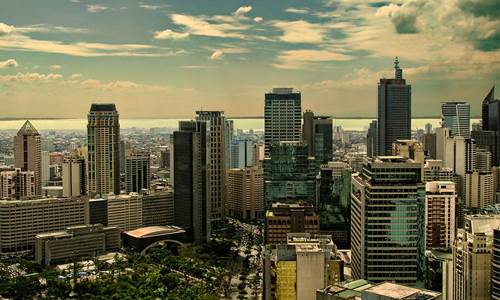
Reading Time: minutes
Real estate in the Philippines is often said to lack transparency and to be very complicated. This might seem to apply in most cases, but in reality, most of the information are readily available, it's just that they are not posted in easily accessible places, i.e. online.
Here are some of the real estate facts that should be common knowledge, but for some reason, are not.
Condominiums only have a life span of 50 years.
This is not explicitly stated in the law, though it implies that building structures standing for over 50 years should be treated as obsolete and uneconomical. Thus, in case a condo has reached 50 years, the owners can vote to have the building demolished and may either:
a. Sell the land and the scrap from the demolished building, deduct the cost of demolition and divide the net proceeds among the owners.
b. Strike a deal with the original developer to build a new condo; however, tenants might have to live in a different home while it's being constructed.
Foreigners can't own land in the Philippines.
Foreign nationals can only own condominium units, as long as the entire building or the corporation who owns the company is at least 60% Filipino-owned. You can read more about the rules of foreign ownership here.
Buildings also have a classification in terms of quality.
No matter how high or how fancy a building's architectural design is, it's still possible for it to be classified as a Grade B project or lower. Buildings are categorized based on several factors; aside from design, age, location, maintenance level, lease length, sustainability, landlord credibility and rated tenants may also affect a building's classification.
Premium buildings are considered to be the most prime of them all; as such, they usually demand higher lease or sale rates and are also the most sought-after spaces as they are located in major CBDs and home to multinational and elite locators. The Philippines currently has one fully operational premium building, which is Zuellig Building in Makati, and it has more upcoming premium structures in the pipeline such as the ArthaLand Tower and World Plaza.
The property's price does not include taxes.
If the property you're buying costs Php10-million, be prepared to pay at least 3% to 5% more for taxes and other fees such as 1.5% documentary stamp tax, 0.5% transfer tax, 0.25% registration fee and other incidental and miscellaneous expenses that will come during the registration process such as notarization of documents etc.
The last digit of the TCT or CCT number and the page number must be the same.
To make sure that the TCT or CCT is legitimate and authentic, you have to make sure that the last digits of the page number and the TCT/CCT number are the same.

